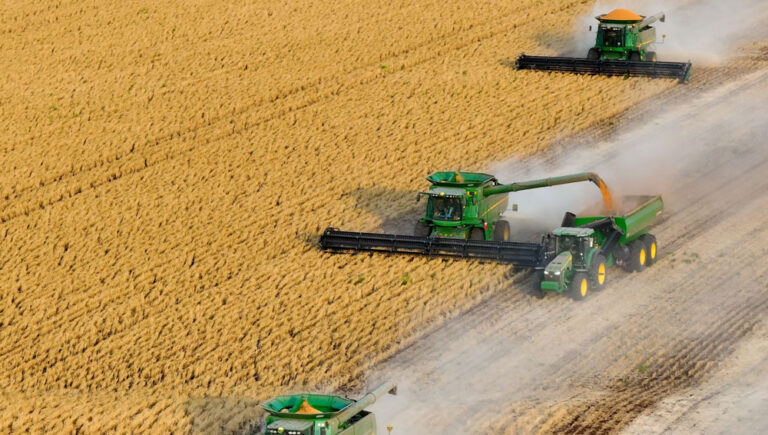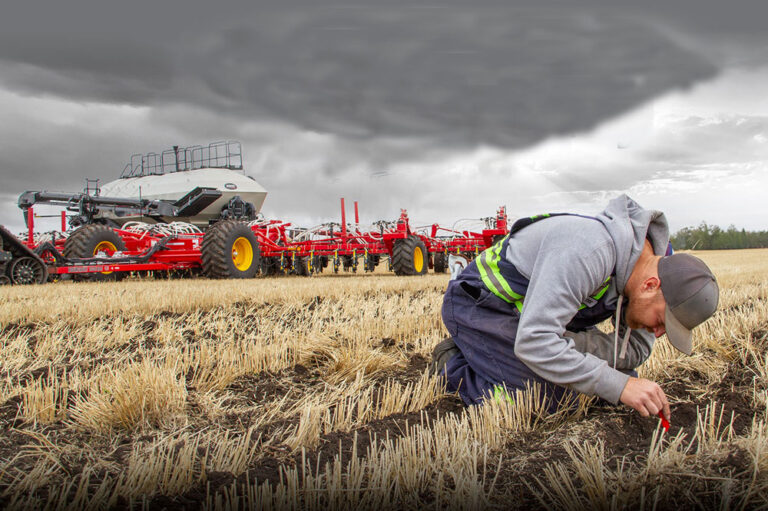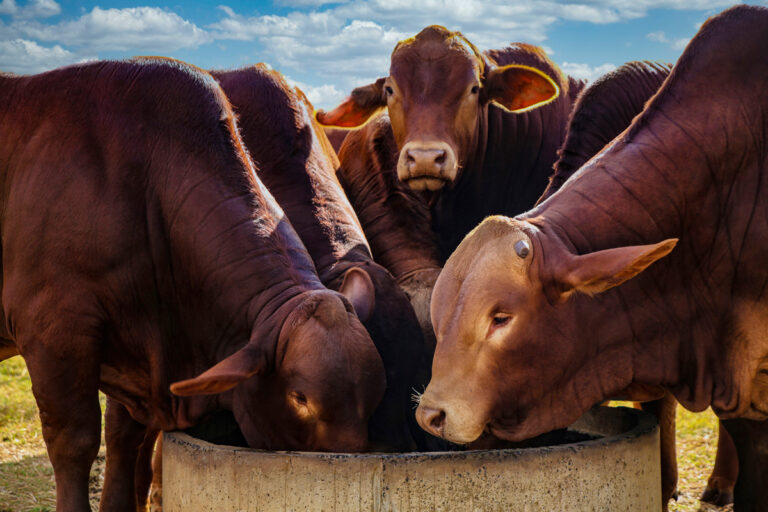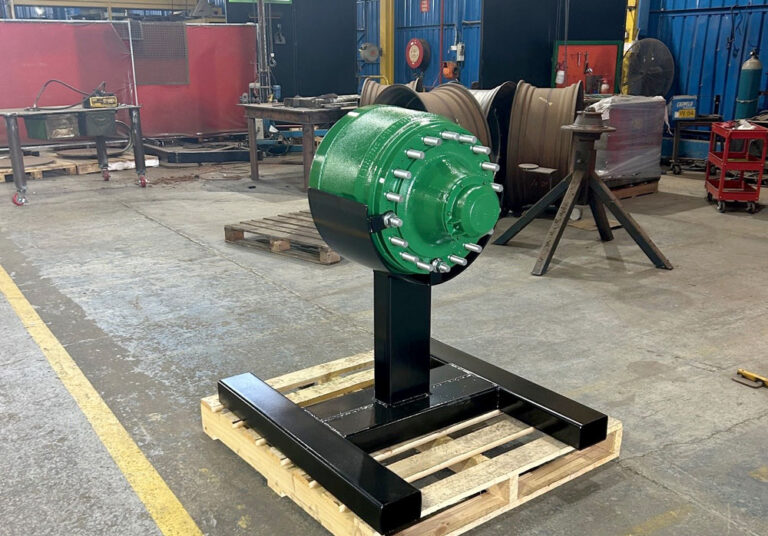The ascent of Artificial Intelligence (AI) technology has the potential to revolutionise a whole host of jobbing tasks for farmers

The impact of Artificial Intelligence (AI) is dominating conversations around the globe, and the agriculture sector is no different, with the main questions around what it means for the industry and how it can be used to the greatest effect.
At a recent event hosted by the Queensland Farmers’ Federation, participants heard from leading Australian demographer Bernard Salt on trends set to impact the agricultural and regional landscape in 2025 and into the future, with the integration of AI.
While there is some concern surrounding AI, many people are focused on the benefits and opportunities around this highly sophisticated technology, among them are Parkes farmers Mark and Treen Swift, along with Bruce Watson.
Treen is a 2024 Nuffield Scholar, who is part of a 4200ha family farming business, Kebby & Watson at “Woodbine” near Parkes in the NSW Central West.
The farm operation is centred around cropping, with as many as 13 different cereal, oilseed, pulse and fibre crops planted by Mark Treen and brother-in-law Bruce Watson and his wife, Karina.

As a Nuffield Scholar, supported by GrainCorp, Treen’s focus is on the advantages AI could introduce to grain-growing operations into the future.
With farm and landscape- level sustainability data of increasing interest across the supply chain, Treen says she can see enormous potential in using AI to analyse this data to improve management of natural capital, inputs and operations and provide time-saving benefits to growers.
Mark and Bruce, both former Nuffield Scholars, encouraged Treen to pursue a scholarship to expedite her interest and research on the farm.
Mark also encouraged her to join a Nuffield Triennial Tour to New Zealand a few years ago where she saw AI used to identify and control pest species of Wilding Pine in inaccessible terrain, fuelling her passion for AI’s potential in the grains industry.
“The technology has progressed so much in recent years so just the amount of data we can now process is enormous. So, where do those opportunities lie for agriculture. I could also see other industries talking about it and I thought, ‘why aren’t we talking about that in our industry,” Treen explains.
“Why aren’t we talking about how AI is going to benefit our farm operation, whether it’s as simple as using number plate recognition when we’re managing trucks coming in for deliveries, or the machinery space such as the big brands are doing, I wanted to learn more.”

Treen had her chance at the United Nations’ Committee on World Food Security (CFS) event in Italy near the end of 2024 where she met Luca Ferrari, the Global Manager of Robotics for Case IH’s parent company CNH. Luca invited her to visit CNH’s labs in Modena, where so much of the company’s technology is developed.
“It was a fascinating experience,” Treen adds, and it opened her eyes to the progress being made in machinery and the potential for AI to assist farmers in managing the increasingly complex regulatory space, particularly with regard to emissions and environmental impacts.
“Looking more at practices that are less reliant on chemical use is one area where there is a lot of interest in Europe at present, and I can certainly see a role for AI in this space. Emissions reduction is another area of global focus, and with so much data around it, the average farmer will need help in processing this.
“I don’t have the means to put on extra people to crunch those numbers, so I’ll need a tool to help do this quickly and efficiently, in order to ensure my business remains profitable, sustainable and viable in the future,” Treen explained.
Treen’s visit to the CNH labs in Italy also gave her an appreciation for the increasingly sophisticated machinery being developed by brands like Case IH, an appreciation she found of value when her family farming business had the unique opportunity to trial two Case IH AF Series combines in late 2024.

Case IH’s AF Series has only just been launched here, with a limited number of AF9 and AF10 combines available to order for the 2025-26 harvest.
The series has been redesigned from the ground up to maximise capacity and crop flow with efficient power, simplified maintenance and connectivity built-in at the base.
Rain was forecast during the week the AF9 and AF10 came to “Woodbine” at wheat harvest time, alongside the property’s own Case IH 50 Series combine, and the race was on, putting the AF Series to the test in high-pressure conditions.
“We were pushing pretty hard to get as much grain off as we could before the rain, and we were very grateful the AF headers were there at that time and we got the opportunity to trial them. They were pushed hard,” Treen alerted.
“We’d just put in a large grain storage handling facility, and I think the AF9 and AF10 arrived on day two or three of us being able to use the dump hopper. So, it was straight from the paddock and unloaded quickly.

“I think we moved about 1500-plus tonnes of grain out of the paddocks one of the days they were there. They were really impressive we can certainly see how much value one of them would bring to our farm operation with their significant capacity.”
Treen is continuing her Nuffield study and said she was keen to stay in touch with Luca Ferrari from CNH. She acknowledges the wariness around AI and says there needs to be “guardrails around it” to protect the integrity of people’s data and where innovation heads but is adamant the advantages AI presents for agriculture far outweigh any potential risks.
“By harnessing AI’s capabilities for applications within our industry, we have so much to gain with increased productivity and better-informed decision-making from an economic and environmental perspective.
“This will help reinforce our competitiveness on the global stage and drive greater sustainability to ensure we can be proud of what we’re leaving for future generations of farmers,” Treen concluded.
Case-IH Axial Flow AF series harvester specs














